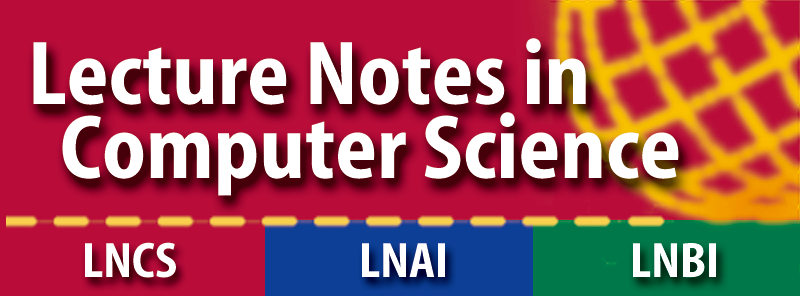Formal Methods Teaching Workshop
Main important dates
Submission 2026-02-22
Notification 2026-03-15
Camera-ready 2026-03-29
Chairs of the Program Committee
 Gustavo Carvalho,
Gustavo Carvalho,
Universidade Federal de Pernambuco, Brazil Tsutomu Kobayashi,
Tsutomu Kobayashi,
Japan Aerospace Exploration Agency, Japan
Program Committee
- Erika Abraham,
RWTH Aachen University, Germany - Sandrine Blazy,
University of Rennes - IRISA, France - Gustavo Carvalho,
Universidade Federal de Pernambuco, Brazil - Brijesh Dongol,
University of Surrey, United Kingdom - Catherine Dubois,
ENSIIE-Samovar, France - Tsutomu Kobayashi,
Japan Aerospace Exploration Agency, Japan - Thierry Lecomte,
CLEARSY, France - Michael Leuschel,
University of Düsseldorf, Germany - Tim Nelson,
Brown University, United States of America - Marcel Oliveira,
Universidade Federal do Rio Grande do Norte, Brazil - David Pearce,
Victoria University of Wellington, New Zealand - Luigia Petre,
Åbo Akademi University, Finland - Leila Ribeiro,
Universidade Federal do Rio Grande do Sul, Brazil - Pierluigi San Pietro,
Politecnico di Milano, Italy - Emil Sekerinski,
McMaster University, Canada - Graeme Smith,
The University of Queensland, Australia
-
Experiences and proposals related to “traditional” and online FM learning and teaching;
-
Innovative learning/teaching methods (e.g., automated grading/feedback using LLMs);
-
Integrating/embedding formal methods within other computer science courses;
-
Integrating/embedding FM teaching/thinking within other computer science courses;
-
Teaching formal methods for industry;
-
Student projects, including group projects.
Submission Details
https://easychair.org/conferences?conf=fmtea2026
Use of AI by authors
-
Use of an LLM should be properly documented in the Methods section (and if a Methods section is not available, in a suitable alternative part) of the manuscript.
-
The use of an LLM (or other AI-tool) for “AI assisted copy editing” purposes does not need to be declared.
For further information, see the full policy.
Springer Nature Code of Conduct: link.
January 25, 2026
February 22, 2026: deadline for submitting abstracts
(extended – AoE, hard deadline)February 01, 2026
February 22, 2026: deadline for submitting papers
(extended – AoE, hard deadline)March 01, 2026
March 15, 2026: deadline for notifying authors (extended)- March 29, 2026: deadline for camera-ready version
- May 19, 2026: FMTea 2026 Workshop
- FMTea 2024, Milan, Italy – proceedings
- FMTea 2023, Lübeck, Germany – proceedings
- FMTea 2021, Beijing, China – proceedings
- FMTea 2019, Porto, Portugal – proceedings
- TFM 2009, Eindhoven, The Netherlands – proceedings
- TFM 2004, Ghent, Belgium – proceedings
Related events:
- FMET 2008, Kitakyushu, Japan – proceedings
- FORMED 2008, Budapest, Hungary
- FM-Ed 2006, Hamilton, Canada – proceedings
- BCS-FACS TFM Workshop 2006, London, UK
- BCS-FACS TFM Workshop 2003, Oxford, UK

